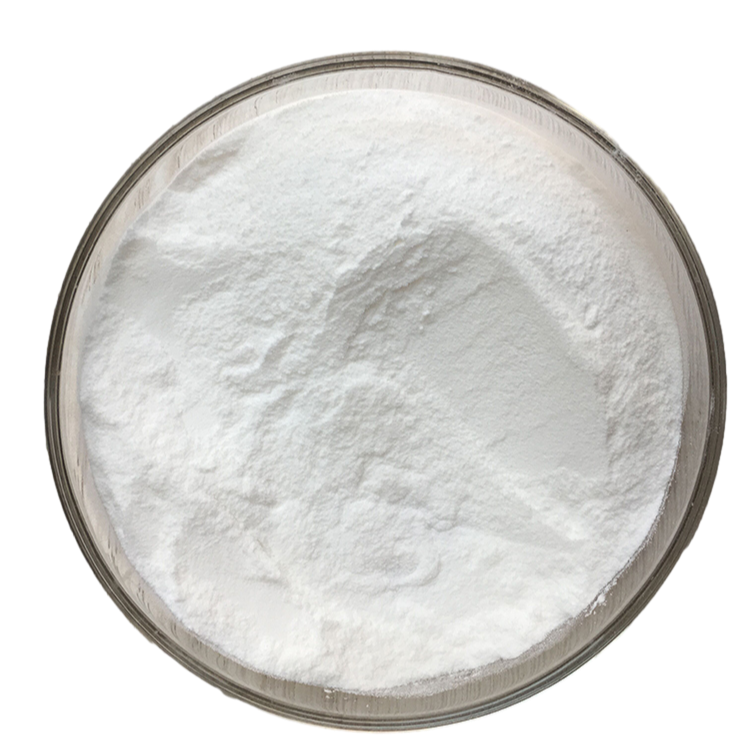-
Categories
-
Pharmaceutical Intermediates
-
Active Pharmaceutical Ingredients
-
Food Additives
- Industrial Coatings
- Agrochemicals
- Dyes and Pigments
- Surfactant
- Flavors and Fragrances
- Chemical Reagents
- Catalyst and Auxiliary
- Natural Products
- Inorganic Chemistry
-
Organic Chemistry
-
Biochemical Engineering
- Analytical Chemistry
- Cosmetic Ingredient
-
Pharmaceutical Intermediates
Promotion
ECHEMI Mall
Wholesale
Weekly Price
Exhibition
News
-
Trade Service
A new study from the Netherlands Institute of Neuroscience examines how the dopamine system handles disgusting unpleasant events
.
The dopamine system is known to play a vital role
in motivation, learning, and movement.
One of the main functions of dopamine is to predict the occurrence of reward experiences and the availability of rewards in the
environment.
In this case, the dopamine system informs our brain of what it calls a "reward prediction error" — the difference between
the reward received and the expected reward.
Dopamine neurons become more active when rewards appear unexpectedly or are greater than expected, and they exhibit depressive activity
when we receive less rewards than expected.
These error signals help us learn from our mistakes and teach us how to gain beneficial experiences
.
Reward vs aversion to stimuli
While there has been a large number of studies looking at the relationship between dopamine release and rewarding stimuli, few studies have looked at the effects
of unpleasant and aversive stimuli on dopamine.
Although the results of these experiments are not consistent, it is already clear that aversion stimuli have an effect on the dopamine system
.
But among neuroscientists, there's a fierce debate about what role dopamine neurons play in processing aversive stimuli: Do their activity change with aversive events? Can they predict disgusting events? Did they code a disgusting prediction error?
New findings on the role of dopamine in aversive events
A new study from the Netherlands Institute of Neuroscience examines how the dopamine system processes averse events
.
The team, led by doctoral student Jessica Goedhoop and team leader Ingo Willuhn, exposed rats to white noise and predicted white noise stimuli while measuring dopamine release
from the brain.
White noise is a well-known example
of unpleasant auditory stimuli in mice.
The researchers found that dopamine release gradually decreased
during exposure to white noise.
In addition, after sustained presentation, stimuli that occurred seconds before white noise exposure began to have the same inhibitory effect
on dopamine neurons.
However, contrary to the way it processes rewards, dopamine has no coding prediction error
in response to this aversive stimulus.
Overall, the new study shows that the dopamine system helps the brain predict the occurrence and duration of unpleasant events, but does not account for prediction errors
.
Ingo Willuhn, team leader: "This is a very thorough and systematic study that takes into account a lot of variables
.
The findings give us a better understanding of the role of
dopamine release in dealing with aversive events.
There is growing interest
in the role of dopamine in disgust.
We used a new aversive stimulus that allowed us to perform a more thorough analysis
of dopamine than before.
”
Addictive drugs hijack and amplify dopamine signaling, inducing exaggerated, uncontrolled effects of dopamine on neuronal plasticity
.
This study brings us closer to understanding the underlying mechanisms
behind this pathological phenomenon.







